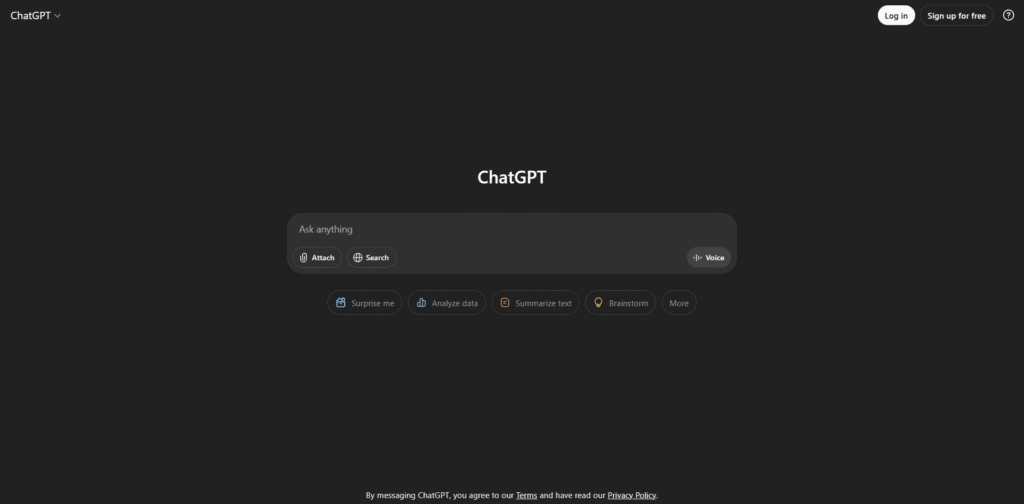Consensus AI, launched in 2020 by founders from MIT and Stanford, is an innovative academic search engine designed to simplify the research process. By leveraging advanced natural language processing and semantic search, it sifts through over 200 million peer-reviewed scientific papers, primarily from PubMed and Semantic Scholar, to deliver evidence-based answers. Unlike traditional search engines like Google Scholar, Consensus doesn’t just list papers—it analyzes and synthesizes findings, offering clear summaries and a unique Consensus Meter that visually represents scientific agreement on yes/no questions. This makes it invaluable for researchers, students, clinicians, and policymakers seeking quick, reliable insights.
The platform supports natural language queries, allowing users to ask complex questions without mastering keyword searches. It’s particularly strong in health, psychology, and science domains, with filters for study type, journal quality, and more. While the free tier offers unlimited searches, premium plans unlock advanced features like GPT-4-powered Pro Analysis for content drafting and unlimited summaries. Despite its strengths, Consensus may miss the latest papers due to database update delays and has a medical-focused interface, which may limit its applicability in other fields. Its commitment to ad-free, cited results ensures credibility, making it a game-changer for efficient, trustworthy research.









